The Canary Islands are a biodiversity, geodiversity and tourism hotspot, boasting one of the most visited national parks in Europe (Teide in Tenerife). Tourism is the backbone of the local economy, but the growing masses of visitors put an unsustainable strain on the islands’ beautiful nature.
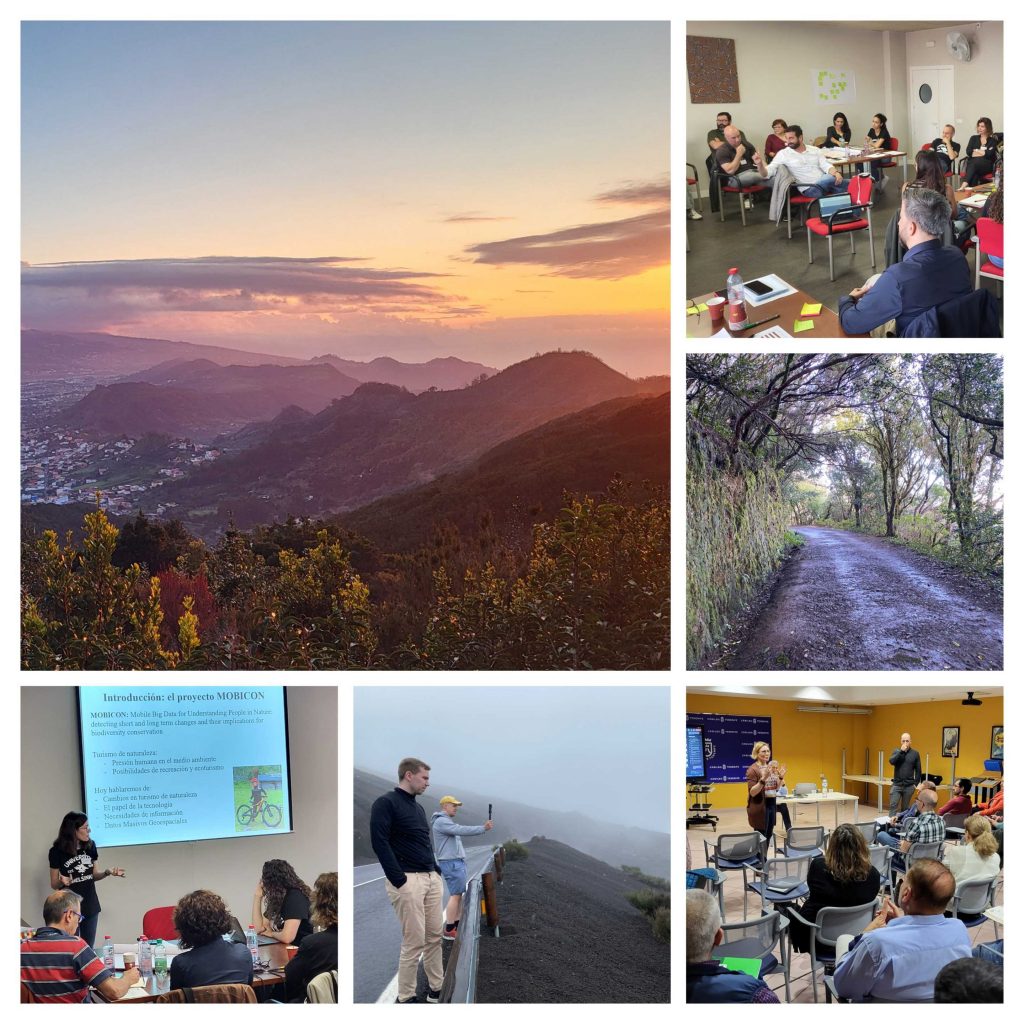
The islands are also acutely impacted by climate change and other megatrends including aging of population in Europe or digitalisation changing work life. On top of the traditional tourists, the islands are now receiving masses of long-term visitors seeking warm wintering grounds on the islands.
These factors make the Canary Islands an interesting study area for the MOBICON project, where we study changes in nature visitation and their impacts on biodiversity conservation as well as the applicability of mobile big data sources for extracting visitor information.
We (team Mobicon: Aina, Matti, Tatu and Tuuli) visited the islands of Gran Canaria and Tenerife in March 2024 for establishing collaboration with local universities and to collect research data through stakeholder discussions. Some highlights of the trip below.
Tuuli’s presentation in Uni. Las Palmas
Tuuli presented MOBICON at TIDES institute of tourism and sustainable economic development on March 15th. Lively discussion about the potential of mobile big data with the local and visiting researchers followed!
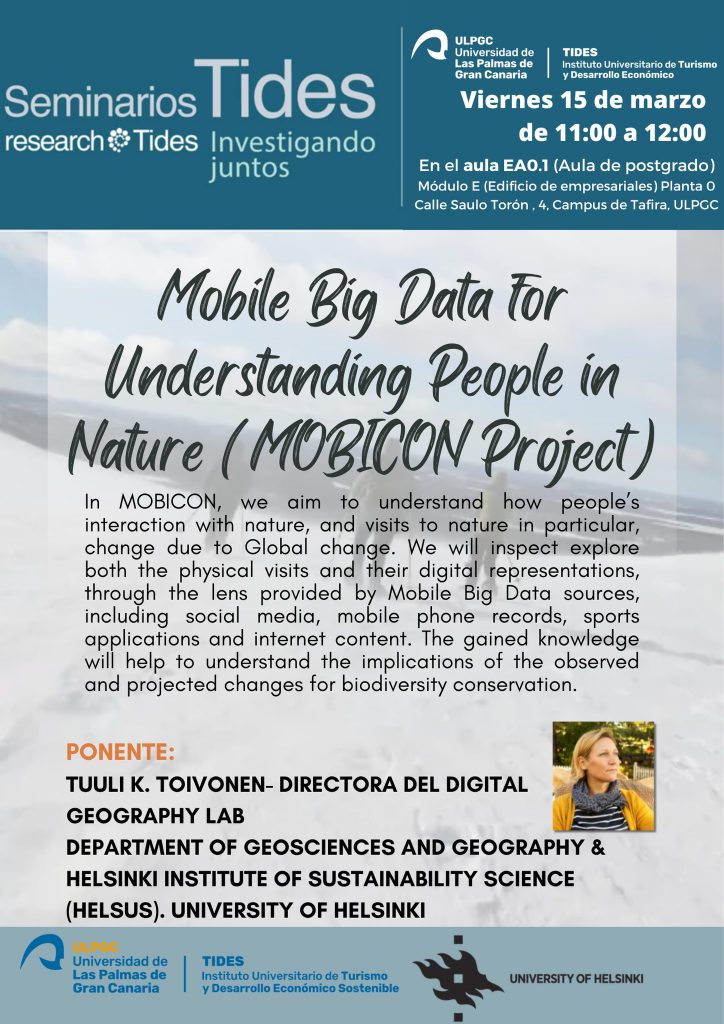
Workshop on nature-based tourism and mobile big data
The main event of the trip was a workshop with local protected area managers and representatives of different levels of administration from different islands. The full day of discussions aimed at understanding the ongoing changes in nature visitation, the global to local drivers of change and how big data might help monitor the visitation in the context of the Canaries. This was a second workshop of a series started in Helsinki in September (check out the report from that workshop!)
The workshop was organized on March 19th the premises of University of Las Palmas de Gran Canaria (ULPGC). Our local partner Dr. Matías Manuel Gonzáles Hernández together with his student crew (Andrea, Maria, Samuel and Saray) had put a lot of effort to coordinate the attendance of 20 experts all over the archipelago to join the workshop.
In time, the workshop’s outcomes will be shared in a summary report (similarly to the Finnish workshop) and, later, in scientific publications. In the meantime, check out the photos below!
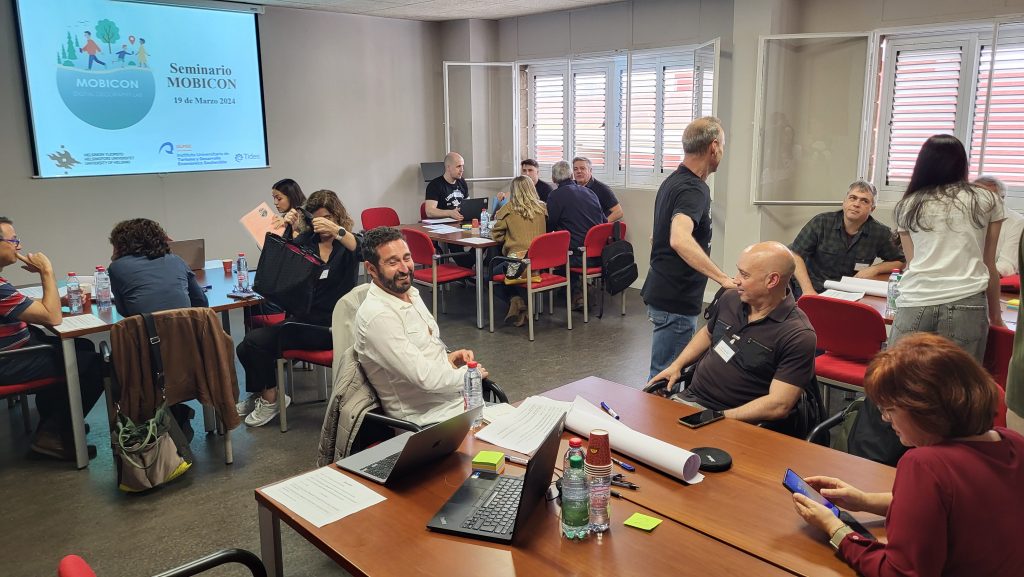
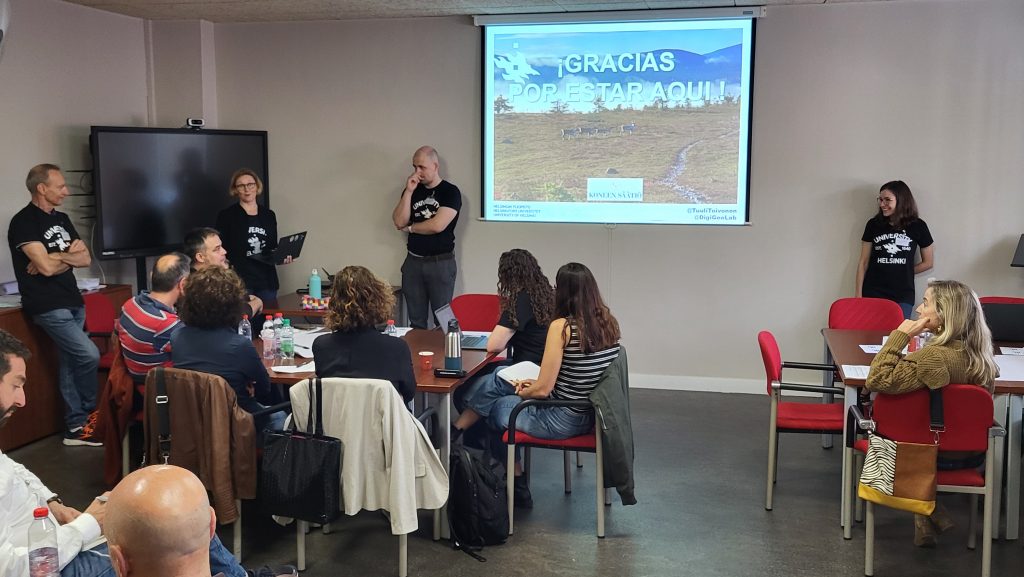
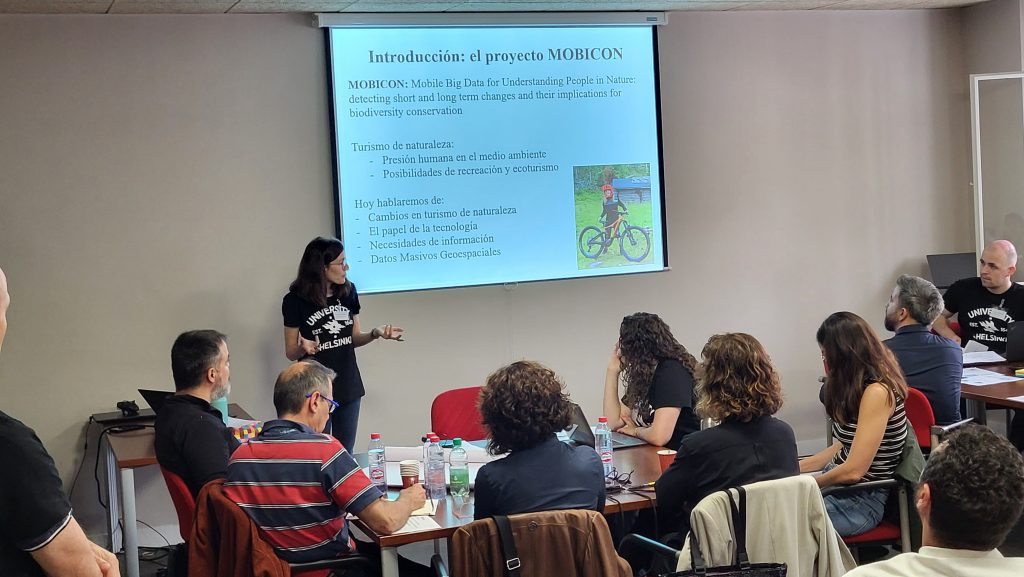
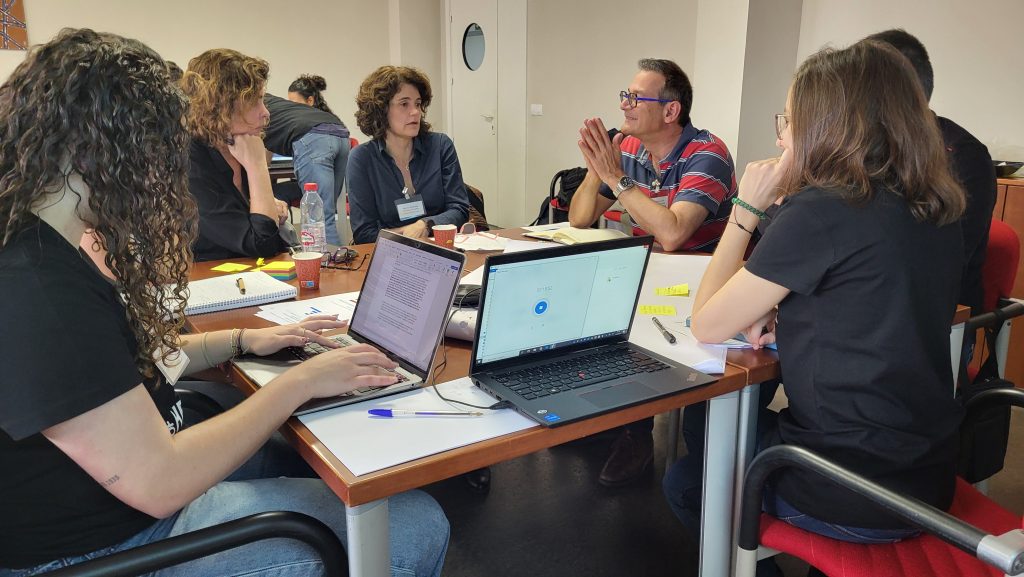
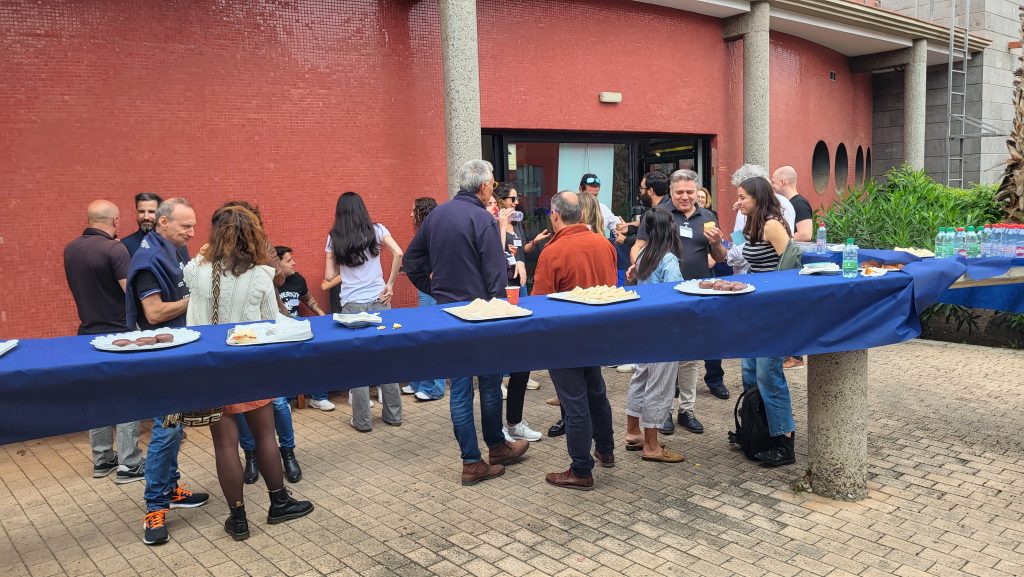
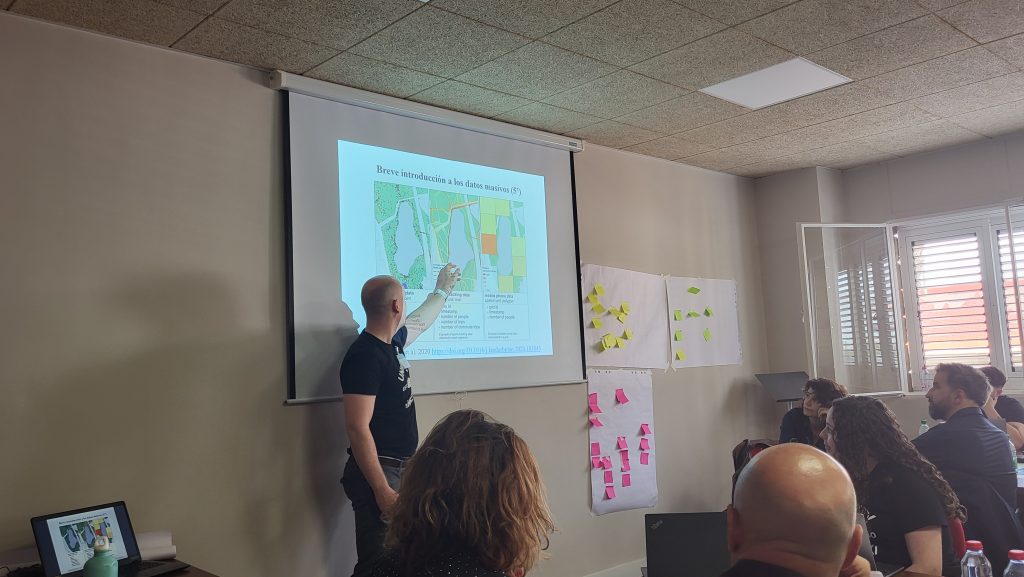
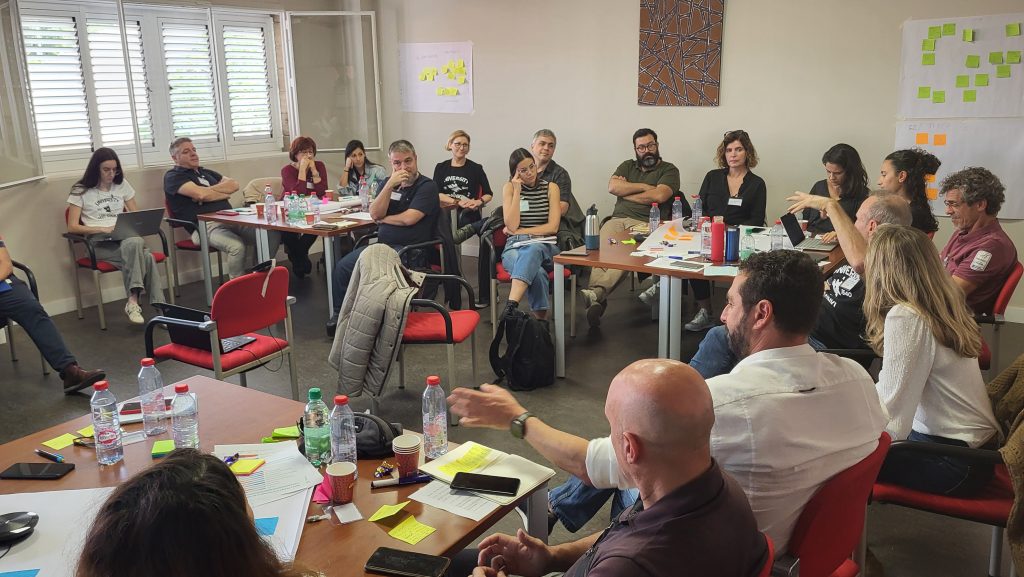
Seminar organized by Cabildo de Tenerife
The environmental department of the local government in Tenerife, the cabildo, organized a seminar on the 21st of March. Half of the seminar was dedicated to Mobicon presentations, where Tuuli introduced the project background and Matti presented results from the Canaries (manuscript under preparation, see his master’s thesis). In the other half, we heard how route itineraries from sites like Wikiloc and Alltrails may be used for monitoring route use, and how climate change will impact the ecosystems of Tenerife under different warming scenarios – quite alarmingly, it turns out!
Our sincerest thanks to Fátima Reboso for all the organisation behing the seminar and Matías Gonzáles Hernández for making it happen in the first place.
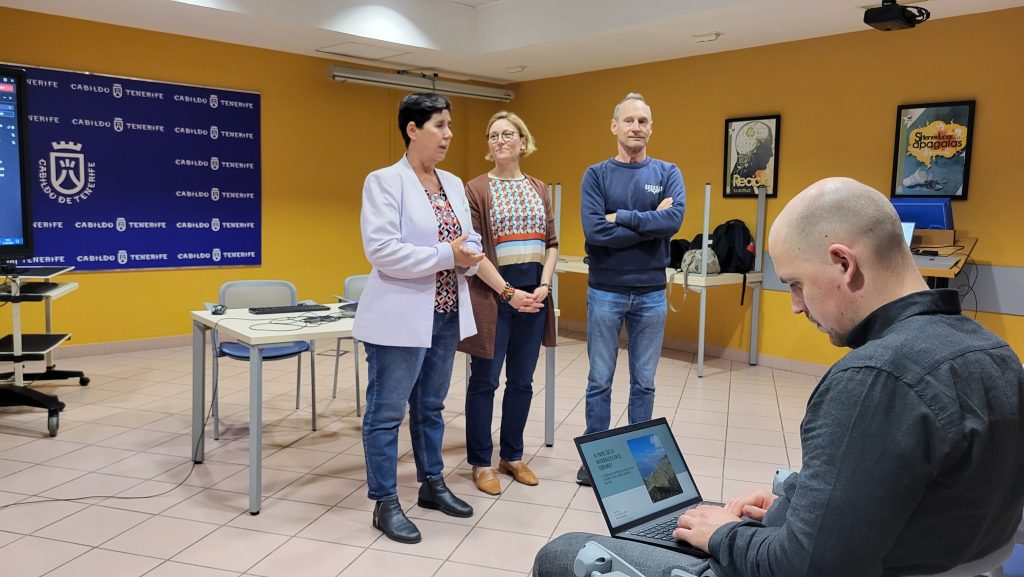
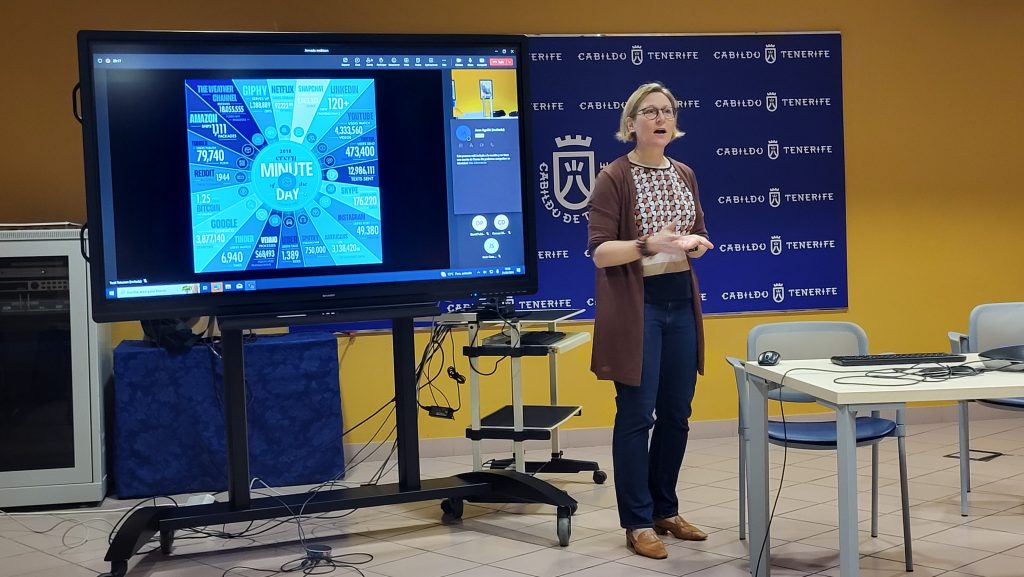
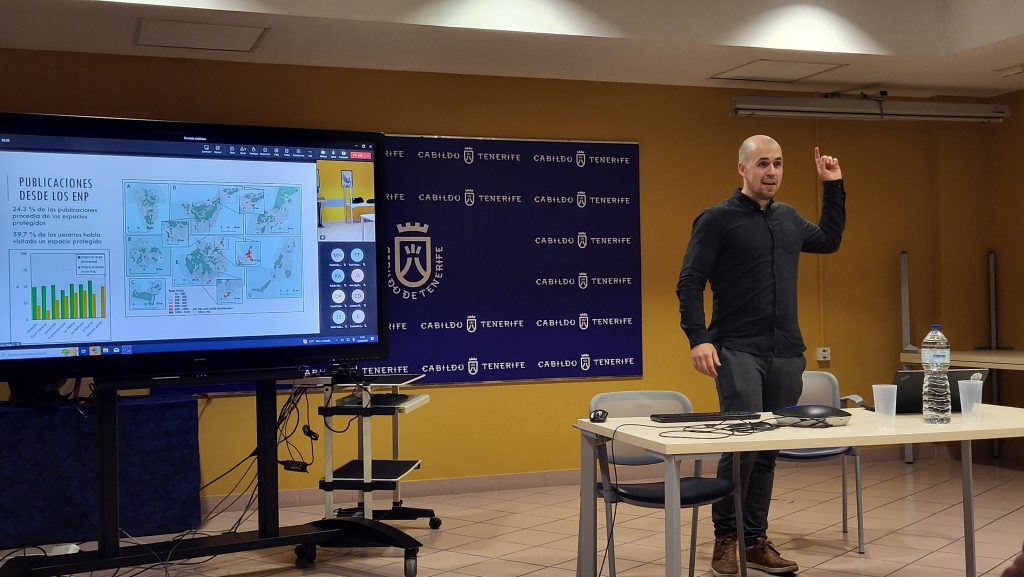
Wrapping up
We want to thank Miquel Torrents-Ticó for his support during our visit. Huge thanks also to our funders Kone Foundation and Nordenskiöld-samfundet for making our research possible!
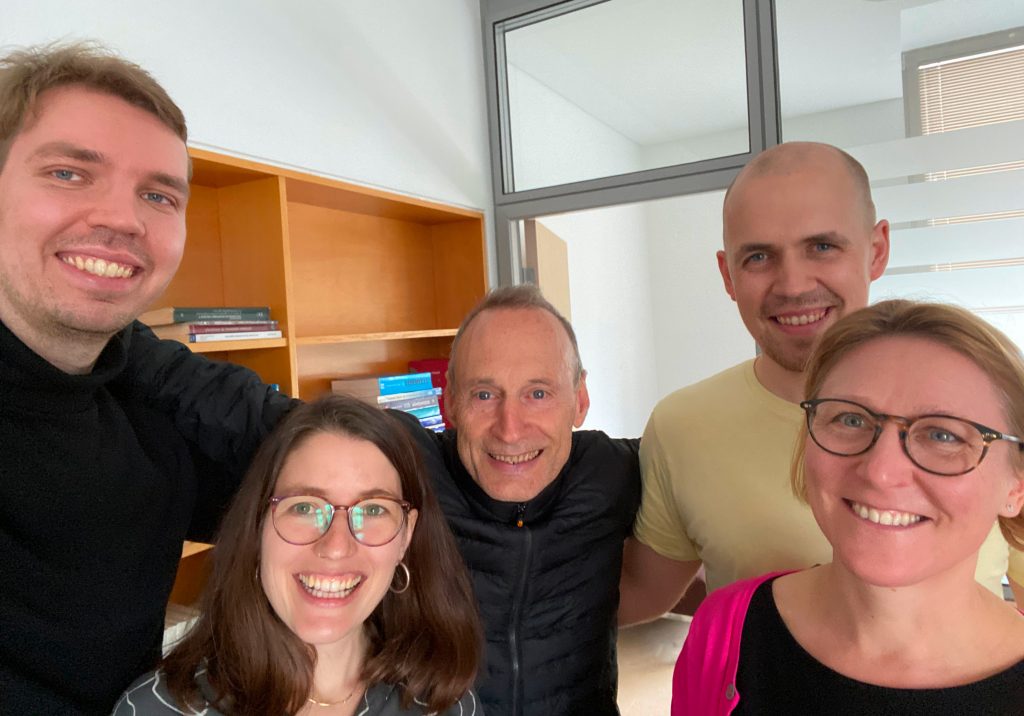
– – – – –
The Digital Geography Lab is an interdisciplinary research team focusing on spatial Big Data analytics for fair and sustainable societies at the University of Helsinki.
